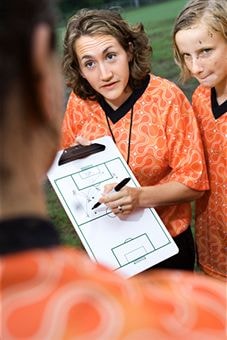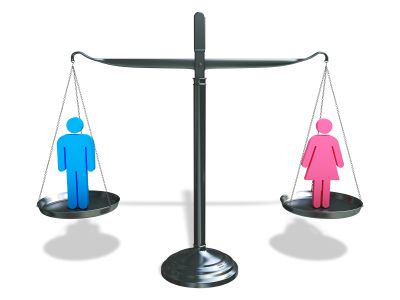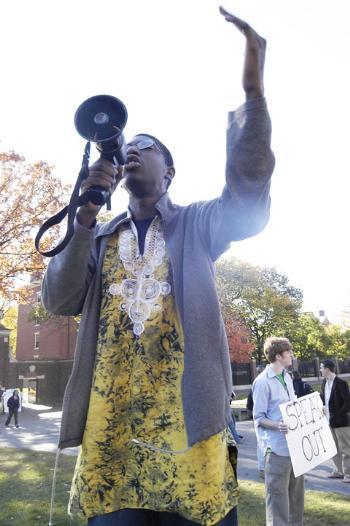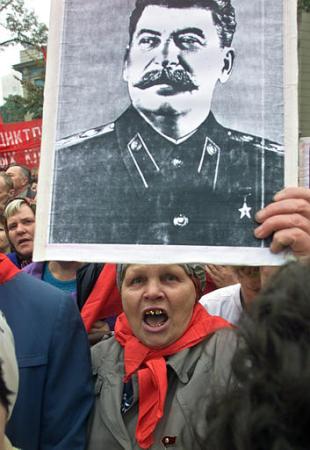زنان در ورزش

Women in Sport
The struggle to attain equality for female participation in sport has been a long and hard fought one. One hundred years ago, a majority of people-many women included-would have thought it unnatural, if not immoral, to permit women to participate in sports. Today, women’s participation is widespread and accepted by most. However, there are still many sports and sport-related institutions and organizations that have not achieved full equality. Some sports, such as football or boxing, encourage very little female participation, although even these so-called “masculine” sports are changing. Women’s boxing, for example, will probably be included in the Olympic Games by the end of this decade.
In the late 1800s and early 1900s, when sports and physical education programs were first organized in North America, women were forbidden from participating for so-called “scientific” or “medical” reasons. Physicians as a group often spoke out against female athleticism, using the argument that physical activity would damage reproduction. Others claimed that it was quite simply “unnatural” for women to participate in sports. Little real evidence was provided to support these claims. In truth, the so-called “evidence” was more a reflection of physicians’ cultural assumptions about women’s place in society in general.
The 1920s and 1930s witnessed a short “Golden Age” in women’s sports. Individual athletes and teams or leagues formed to support female athletics. Track and field, tennis, softball, programs in physical education, and other activities were encouraged, at least for those women lucky enough to have the time and money to participate. There was even a Women’s Olympic Games movement in the 1920s and 1930s. At one point, the regular Olympic Games organized by the International Olympic Committee (IOC), became concerned that the Women’s Olympics would gain enough power to challenge the superiority of the IOC’s Olympics. As a result, the IOC included a few more women’s events in their Games, although not many.
The Golden Age of women’s sports was followed by a long drought. The post-World War II era was one of very conservative traditional family values in North America. However, in the 1970s the current boom in women’s sport began. One of the driving forces in the movement was East Bloc countries, particularly the Soviet Union and East Germany, both of which encouraged female athletes at the highest level-the Olympic Games.
Female athletes with strong and muscular bodies emerged on the international sports stage. At first, this raised concern among the male-dominated sports establishment. However, after years of struggle, the muscular and strong female athletic body has become common in international sport.
In the late-nineteenth century, the founder of the modern Olympic Games, Pierre de Coubertin, said that the sight of women participating in sport was an affront to the human eye, and unnatural. We’ve come a long way since then.
equality

a situation in which people have the same rights, advantages etc
equality of
All people have the right to equality of opportunity.
equality with
Women have yet to achieve full equality with men in the workplace.
equality between
equality between men and women
racial/sexual equality
The government must promote racial equality.
—
fought
—
immoral

morally wrong
ᅳsee also amoral
Deliberately making people suffer is immoral.
It’s immoral to be rich while people are starving and homeless.
Another Source
not good or right; not following accepted moral principles:
Using other people for one’s own profit is immoral.
—
masculine

having qualities considered to be typical of men or of what men do
ᅳopposite feminine
They’re nice curtains, but I’d prefer something a little more masculine.
She has a very masculine voice.
Hunting was a typically masculine occupation.
—
forbidden

not allowed, especially because of an official rule
ᅳsee also banned
it is forbidden (to do something)
It is forbidden to smoke at school.
be strictly/expressly/absolutely etc forbidden
Alcohol is strictly forbidden in Saudi Arabia.
—
speak out phrasal verb

to publicly speak in protest about something, especially when protesting could be dangerous
speak out about/against
Five students who had spoken out against the regime were arrested.
—
athleticism

the state of being an athlete, or of taking part in athletic events.
—
reproduction

the act or process of producing babies, young animals, or plants
Scientists studied the reproduction, diet, and health of the dolphins.
human reproduction
a biology lesson on the reproduction of the rabbit
—
In truth
in fact, really
—
so-called
popularly known or called by this term: the so-called nuclear powers
Another Source
named; called by such a name
—
assumption
something that is taken as a fact or believed to be true without proof: Don’t rely on the information she gave you — it’s pure assumption (on her part). | The results of the experiment shook the basic assumptions of his theory. [+that] our mistaken assumption that the price would fall | Let’s work on the assumption (=taking it as likely) that our proposal will be accepted.
Another Source
something that you think is true although you have no definite proof
assumption that
A lot of people make the assumption that poverty only exists in the Third World.My calculations were based on the assumption that house prices would remain steady.We are working on the assumption that the conference will take place as planned.
assumption about
People make a lot of assumptions about me.
—
witness

▶TIME/PLACE◀
if a time or place witnesses an event, the event happens during that time or in that place
Recent years have witnessed the collapse of the steel industry.
—
softball

1
a game similar to baseball but played on a smaller field with a slightly larger and softer ball
2
the special ball used to play this game
—
superiority

the quality of being better, more skilful, more powerful etc than other people or things
ᅳopposite inferiority
superiority of
the supposed superiority of the male sex
superiority over
the intellectual superiority of humans over other animals
superiority in
US superiority in air power
—
challenge

▶COMPETITION◀
to invite someone to compete or fight against you, or to try to win something
ᅳsee also challenger, dare
challenge somebody to something
After lunch Carey challenged me to a game of tennis.
challenge for
Liverpool are challenging for the title (=in a position where they could win) .
—
post
—
conservative

1 not liking changes or new ideas :
a very conservative attitude to education
conservative views
2 Conservative belonging to or concerned with the Conservative Party in Britain :
Conservative policies
a Conservative MP
3 not very modern in style, taste etc SYN traditional :
a dark conservative suit
—
boom

▶WHEN SOMETHING IS POPULAR◀
[singular] an increase in how popular or successful something is, or in how often it happens
the disco boom of the 1970s
boom in
the boom in youth soccer in the U.S.
—
boom Noun

▶WHEN SOMETHING IS POPULAR◀
an increase in how popular or successful something is, or in how often it happens
the disco boom of the 1970s
boom in
the boom in youth soccer in the U.S.
a (period of) rapid growth or increase: There’s been a boom in exports this year. | the post-war baby boom | The big tax cuts fuelled a consumer boom. | a boom town (=where wealth and population are growing very fast)
ᅳsee also baby boom
—
the driving force (behind something/somebody)

the person or thing that makes something happen
someone or something that strongly influences people and makes them do something
Betty Coward was the driving force behind the project.
—
soviet Union, the

between 1917 and 1991, a country in Europe and Asia, whose full name was the Union of Soviet Socialist Republics (the USSR). The Soviet Union was the largest country in the world and was made up of 15 republics (=separate nations) , the most important of which was Russia. It was formed after the Russian Revolution in 1917 as a Communist state, led by Lenin. It was one of the most powerful countries in the world, and many people regarded it as the enemy of the US and western Europe during the Cold War. In the 1990s the Soviet Union began to break up as many of the republics got rid of their Communist governments and made themselves independent.
—
emerge

to appear or come out
The flowers emerge in the spring.
emerge from
The sun emerged from behind the clouds.
Several interesting new poets have emerged in recent years.
when land first emerged from the sea
viruses appear to have emerged in recent years
—
stage

—
male-dominated

involving mostly men or controlled mostly by men
a male-dominated profession
—
establishment
—
affront

an act, remark, etc., that is rude to someone or hurts their feelings, esp. when intentional or in public; INSULT:
an affront to one’s dignity/pride
The comments were an affront to his pride.